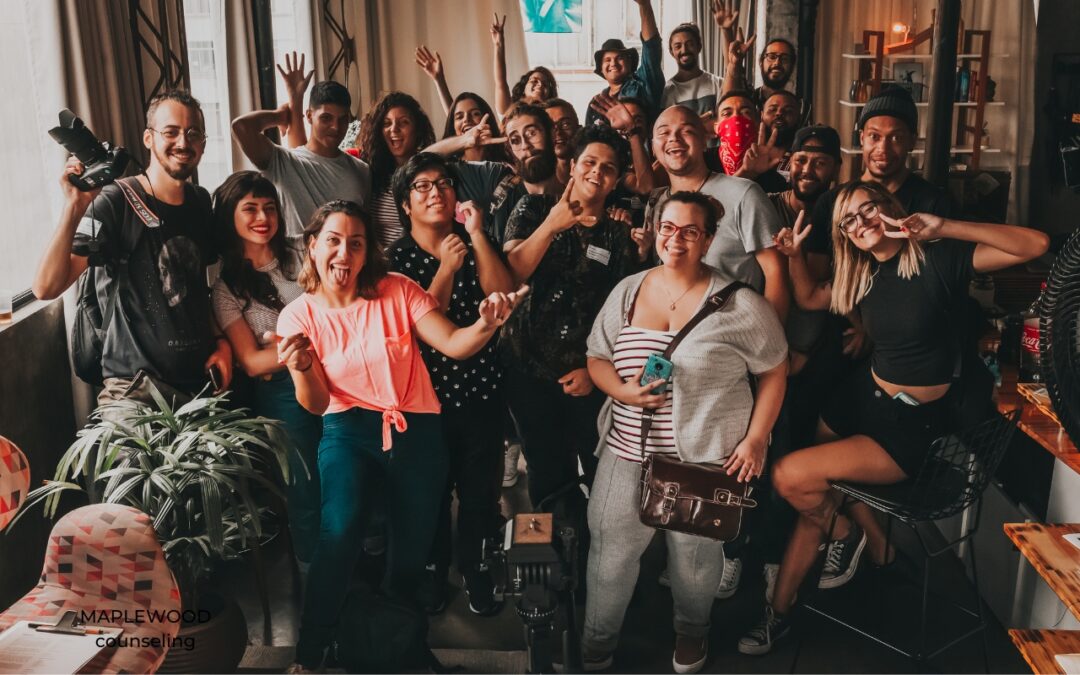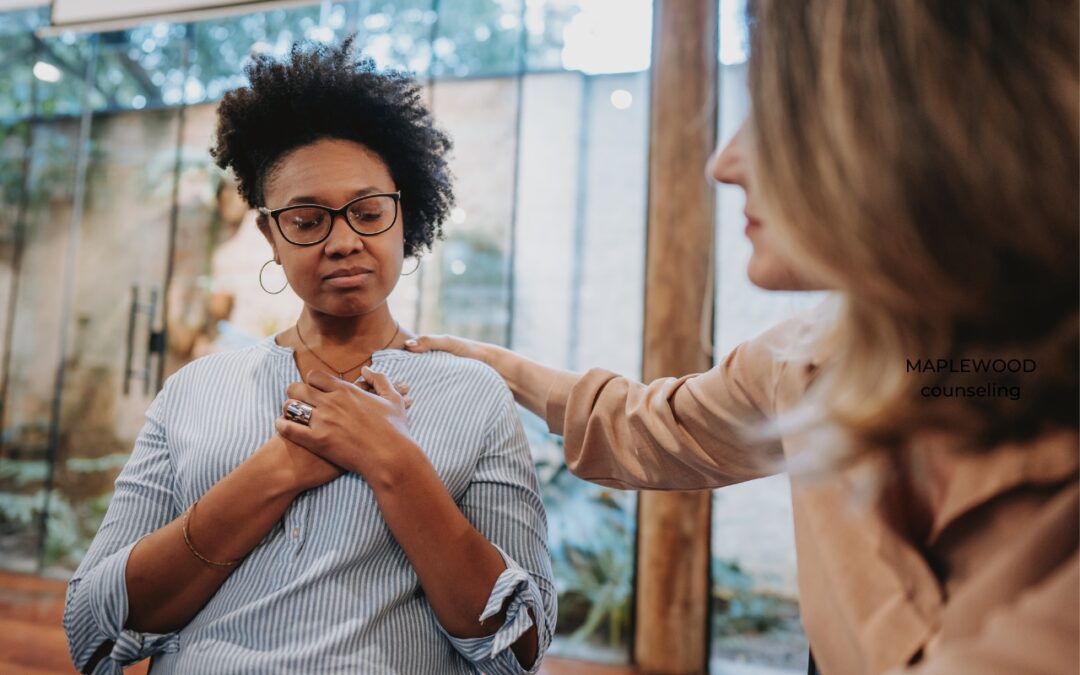
Essential Relationship Tips for Every Stage of Life
Essential Relationship Tips for Every Stage of Life
Relationships Require Constant Effort to Thrive. Get StartedUnbreakable Bonds: Essential Relationship Tips for Every Stage of Life
As humans, relationships are an essential part of our lives. Whether it’s with family, friends, romantic partners or even coworkers, we all have various types of relationships that play a significant role in shaping who we are.
However, despite the importance of relationships, they can also be challenging at times. No matter how strong our bonds may seem, there will always be ups and downs. That’s why it’s crucial to invest time and effort into nurturing and maintaining healthy and fulfilling relationships.
In this guide, we’ll explore some essential relationship tips for every stage of life. Because no matter where you are in life – whether you’re just starting out or have been in different types of relationships for years – there’s always room for growth and improvement.
Childhood Friendships
Friendships formed during childhood can be some of the most important and long-lasting relationships in our lives. These are the people who have known us since we were little, seen us grow and change, and still choose to stick by our side.
But as we get older, life gets busier, and it becomes challenging to maintain these friendships. That’s why it’s essential to make an effort to stay connected with childhood friends. Set aside time to catch up regularly, plan fun activities together, and make new memories that will strengthen your bond even more.
Additionally, it’s crucial to communicate openly and honestly with your childhood friends. As we grow and change, our values, beliefs, and interests may also shift. It’s important to have open and respectful conversations about these changes to avoid any misunderstandings or conflicts.
Romantic Relationships
Romantic relationships can be both rewarding and challenging. They require constant effort, communication, and compromise to thrive. Here are some essential tips for maintaining a healthy romantic relationship:
- Communicate openly: Effective communication is crucial in any relationship, especially romantic ones. Make sure to express your feelings, needs, and concerns clearly and listen actively to your partner as well.
- Show appreciation: Don’t take each other for granted – make an effort to show appreciation for the little things your partner does. It can be as simple as saying “thank you” or leaving love notes.
- Keep the romance alive: As life gets busy, it can be easy to fall into a routine and forget about the romance. Make time for date nights, surprise each other with thoughtful gestures, and keep the spark alive in your relationship.
Parent-Child Relationships
The bond between a parent and child is unbreakable, but it’s not always easy to maintain a healthy relationship throughout different stages of life. Here are some tips for fostering a strong parent-child relationship:
- Be present: In today’s fast-paced world, it can be challenging to find time for quality family time. But try to set aside time each day to connect with your child, whether it’s through a shared activity or simply having meaningful conversations.
- Be understanding: As children grow and go through different stages of life, they may push boundaries and challenge authority. Instead of getting angry or frustrated, try to understand their perspective and communicate calmly.
- Set boundaries: While it’s essential to have open communication and be involved in your child’s life, it’s also crucial to respect their privacy and give them room to make their own decisions. Setting healthy boundaries is key in maintaining a balanced parent-child relationship.
Friendships in Adulthood
Making friends as an adult can be challenging, especially if you’ve moved away from your hometown or have a hectic work schedule. However, here are some tips for building and maintaining friendships in adulthood:
- Put yourself out there: Join clubs, attend events, or take up new hobbies that align with your interests. You never know who you could meet and form a meaningful friendship with.
- Quality over quantity: In adulthood, it’s more important to have a few close friends than a large group of acquaintances. Invest time and effort into nurturing strong connections rather than spreading yourself too thin.
- Don’t be afraid to reach out: As adults, we often get caught up in our busy lives and neglect our friendships unintentionally. If you haven’t spoken to a friend in a while, don’t be afraid to reach out and catch up – they will likely appreciate it just as much as you do.
Conclusion
Relationships are an essential part of our lives, and they require constant effort to thrive. Whether it’s childhood friendships, romantic relationships, parent-child bonds, or adult friendships, these tips can help strengthen and maintain healthy relationships at every stage of life. Remember to communicate openly, show appreciation, set boundaries, and make time for meaningful connections in all your relationships. With dedication and compassion, you can build unbreakable bonds that will last a lifetime. So let’s invest in our relationships today for a happier tomorrow!
As we embrace compassionate communication and continuous learning throughout our relationships, we create a positive and inclusive environment for growth. Let’s not forget about the importance of empathy in our relationships as well. It’s crucial to understand and be sensitive to others’ feelings, perspectives, and experiences. By doing so, we can build stronger connections and foster more meaningful relationships.
Keep growing, keep loving. 💕
If you need help with any type of relationship, reach out.
Mastering the Art of Active Listening | A Guide for All Relationships


